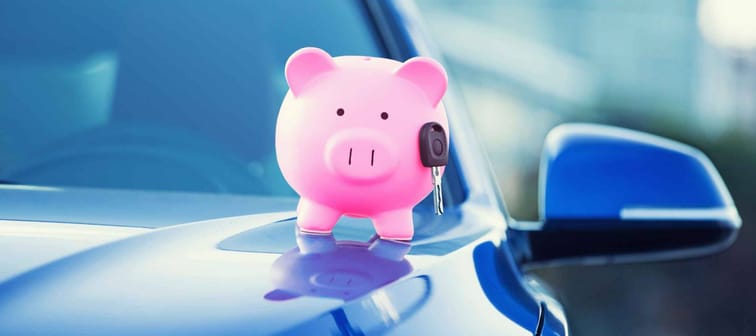Lease buyouts explained

Before we get started, take a second to grab your lease contract, and let’s review how lease buyouts work.
Usually, you can choose to buy the car at the end of your lease, return the car for a new lease, or just return the car.
If you have a lease-to-buy option, the price was determined when you signed your lease based on the vehicle’s estimated residual value.
The residual value is the projected value of the car for a certain number of years in the future. It is based on how well the car holds its value after gradual depreciation.
Unfortunately for your pocketbook, a leased vehicle usually maintains a high residual value. In fact, in negotiating a lower monthly payment, you likely chose a car with as high a residual value as possible.
A high residual value is awesome when it comes to securing low lease payments. But it’s not so great when what’s left at the end is a serious price tag — an amount you might need to take out a loan to cover.
So, is it worth it?
Well, as you’re about to see, it depends.
Stop overpaying for home insurance
Home insurance is an essential expense – one that can often be pricey. You can lower your monthly recurring expenses by finding a more economical alternative for home insurance.
Officialhomeinsurance can help you do just that. Their online marketplace of vetted home insurance providers allows you to quickly shop around for rates from the country’s top insurance companies, and ensure you’re paying the lowest price possible for your home insurance.
Explore better ratesWhen buying a car after the lease is a good idea

Here are five situations in which buying your lease might be a wise move.
If the fair market value exceeds the buyout price
The fair market value of your car is based on the make, model, features, condition and mileage. If you babied your vehicle, kept it in pristine condition and drove under your yearly mileage limit, then your car might be worth more than the buyout price.
To determine what your car is worth, get an appraisal when your lease is about to end. You can do this for free using Kelley Blue Book.
In doing so, you may discover that you could profit by purchasing your lease, then reselling the vehicle privately (if you’re up for the extra work).
When considering this option, don’t forget to factor in the cost of buyout fees and taxes you’d be responsible for. It’s also a good idea to know how your make and model holds its value.
Even if you don’t plan on flipping the car, if the lease buyout is less than the fair market value, you’ll still walk away with a killer deal on a used car.
If you kept it in great condition
Changing cars can be exciting, but with used vehicles, it can also be risky. You don’t know how hard the previous owner drove it, whether it’s been well-maintained or if it has any annoying quirks that’ll drive you crazy.
An advantage to buying your leased car is that, if you treated her well, you don’t have to worry about any frustrating (or expensive) surprises.
If you’re on the hook for high fees when returning it
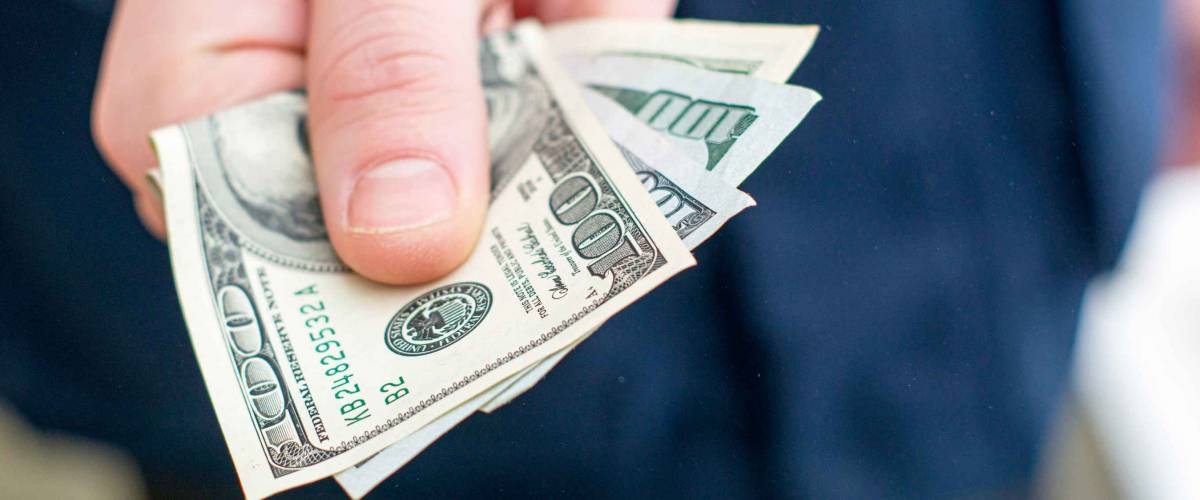
Just like buying your lease can be a good idea if you’ve kept it in great condition, the opposite is also true.
Damage fees add up quickly. If you racked up a few too many dings, scratches, tears, and stains, that could add up to hundreds or even thousands of dollars in fees.
And damage isn’t the only fee to look out for. If you exceeded your mileage limit, that’ll be even more money out of your pocket.
If you’re going to part with your hard-earned dollars, you might as well spend them on a down payment and get something in return.
If you still like the car
Your buyout decision doesn’t need to be all about money. Your feelings toward the car also need to be considered.
If you adore your baby and can’t bear parting ways, then keep it. If it’s perfect for your lifestyle and needs, keep it.
Don’t be afraid to let your emotions influence your decision, even if it means not getting the best possible deal financially.
If you can afford it
Sometimes we make decisions more complicated than they need to be.
If you like your car and can afford to buy the lease, then buy it.
Maybe you’ll get a good deal. Maybe you won’t.
But if you’ve considered the alternatives, you think it’s worth it, and you have the money to spend, then that’s what money is for, right?
When buying a car at the end of the lease is not a good idea
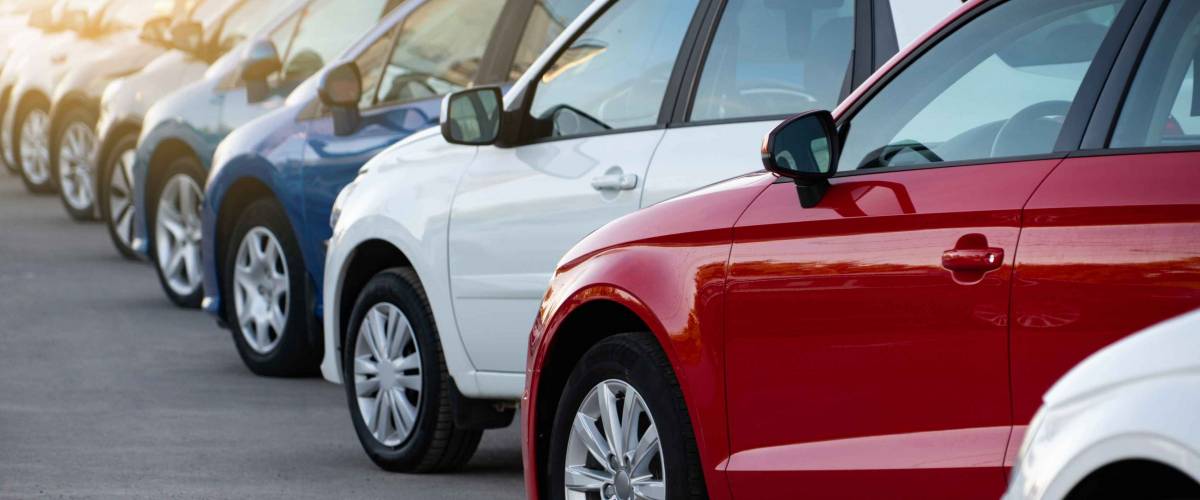
Now that we know some good reasons for buying your leased car, let’s look at the other side of the coin. Here are four situations where you shouldn’t buy a car after the lease.
The buyout price is higher than the fair market value
If the fair market value of your lease is less than the buyout price, purchasing the lease is not a smart financial move.
You’d basically be buying a used car for more than it’s worth, and you won’t be getting a good bang for your buck.
This is especially true if you use the car heavily and can expect maintenance costs in the near future.
The car doesn’t meet your needs or lifestyle
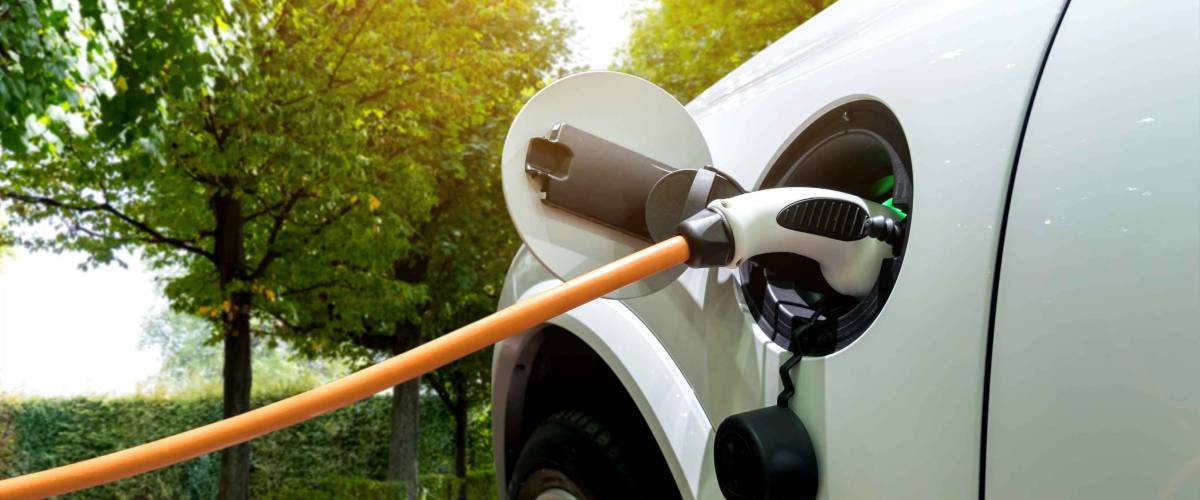
The type of vehicle that was practical when you signed your lease may not be the most practical today.
Maybe that sports car doesn’t fit your newborn’s car seat. Maybe you live farther from work and are paying too much for gas. Or maybe you want to go green and give an electric vehicle a try.
If your vehicle no longer suits your current (or future) needs, now is the perfect time for a change.
And today, shopping for a car isn't the painful experience it once was. Online auto retailers make it possible to find reliable used cars on any budget without having to deal with the middleman.
You want a new car
By now, you’ve driven the same vehicle for quite some time. Does the sound of a new car excite you?
If your income has grown since you started your lease, you might be able to afford a new car outright.
Or if you’re happy with your low monthly payments and just want to change things up, a fresh lease might be your best option.
You can’t fit a car into your budget
Nothing we’ve discussed so far matters if you can’t afford the lease buyout.
Unless you have the cash, you’re looking at making monthly payments on a new auto loan. If that doesn’t fit into your budget, buying the car is probably not a good idea.
Instead, consider temporarily shifting to a lower-cost vehicle. This will free up some money to put more money aside and save for the car you truly want.
Kiss your credit card debt goodbye
Millions of Americans are struggling to crawl out of debt in the face of record-high interest rates. A personal loan offers lower interest rates and fixed payments, making it a smart choice to consolidate high-interest credit card debt. It helps save money, simplifies payments, and accelerates debt payoff. Credible is a free online service that shows you the best lending options to pay off your credit card debt fast — and save a ton in interest.
Explore better ratesNext steps
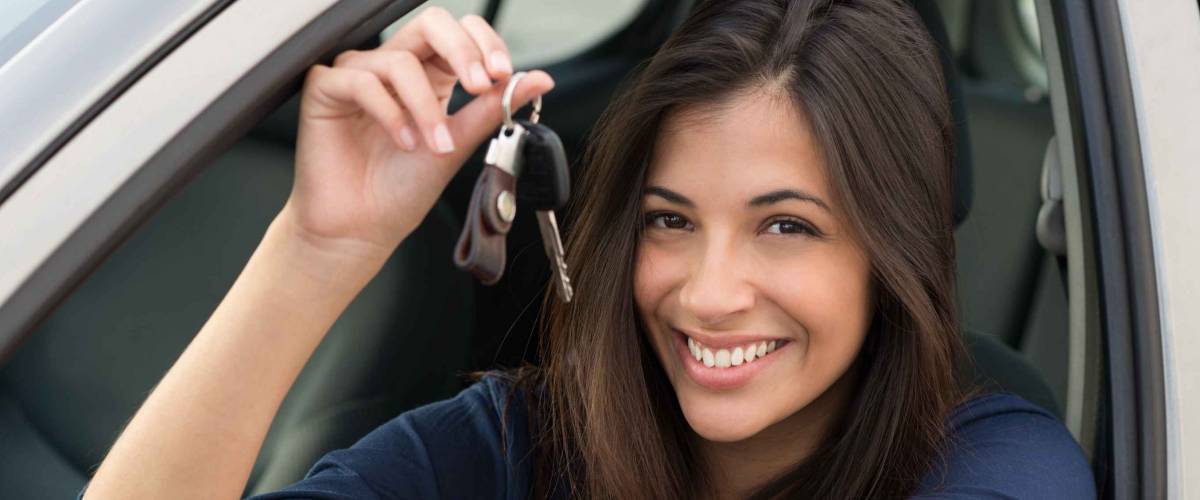
So, what have you decided?
If you think buying your lease is the way to go, here’s what to do:
You can expect a call from your leasing company two to three months before your lease ends. They’ll ask you whether you’d like to return your lease, return and start a new lease, or buy your lease.
Tell them you’d like to buy.
If you’re not planning on paying in cash, you’ll want to start shopping around for auto loans a month before your lease ends.
Remember, good credit scores are essential in locking down the lowest rate possible. If it looks like your credit score could use a bump, make sure to start fixing it as soon as possible.
Shopping around for a better rate on your car insurance is another easy way to lower your monthly costs. Comparing rates from multiple insurance providers might sound like a hassle, but a free online service can find you a better price in just minutes.
This 2 minute move could knock $500/year off your car insurance in 2024
OfficialCarInsurance.com lets you compare quotes from trusted brands, such as Progressive, Allstate and GEICO to make sure you're getting the best deal.
You can switch to a more affordable auto insurance option in 2 minutes by providing some information about yourself and your vehicle and choosing from their tailor-made results. Find offers as low as $29 a month.
